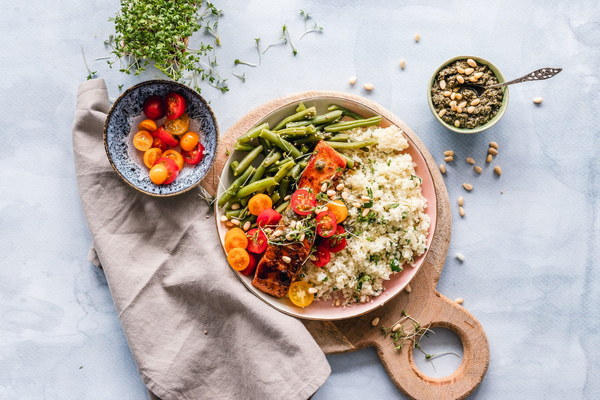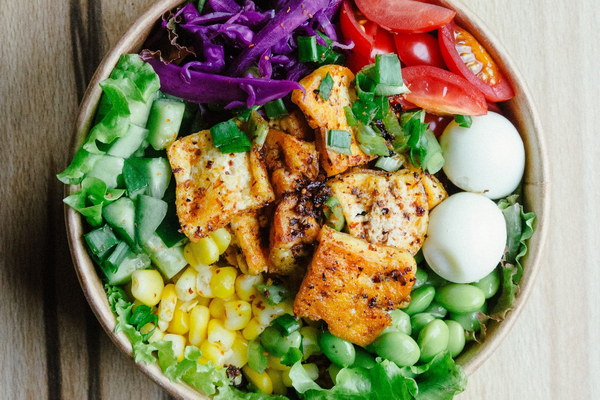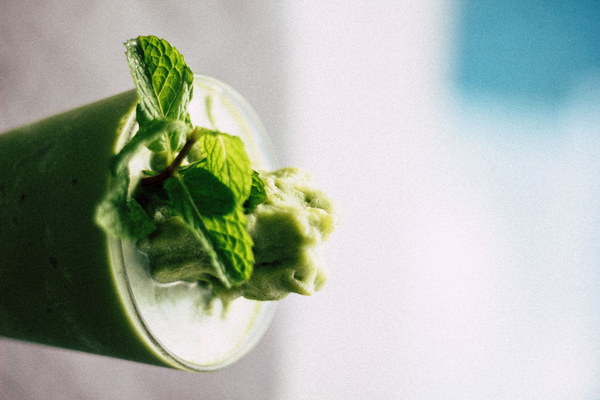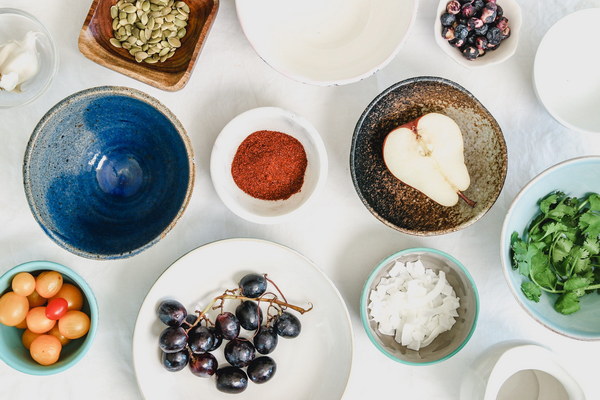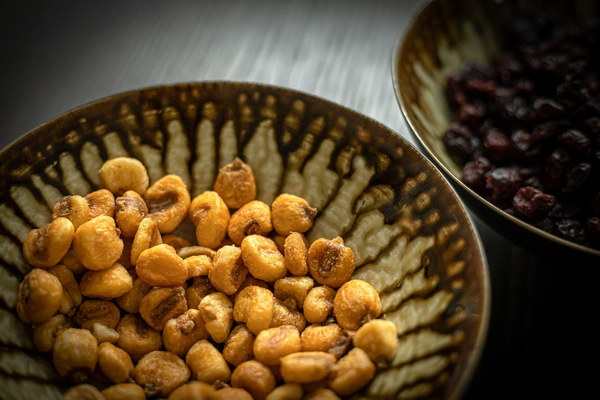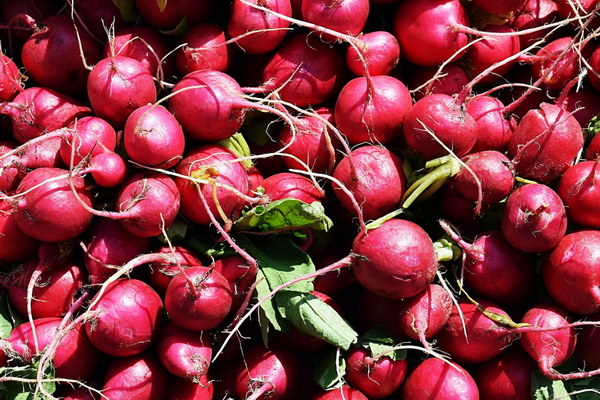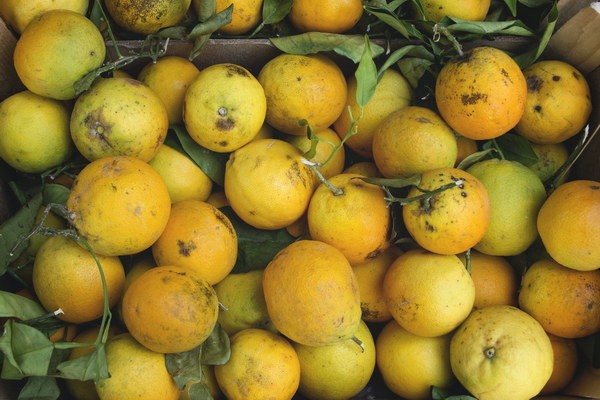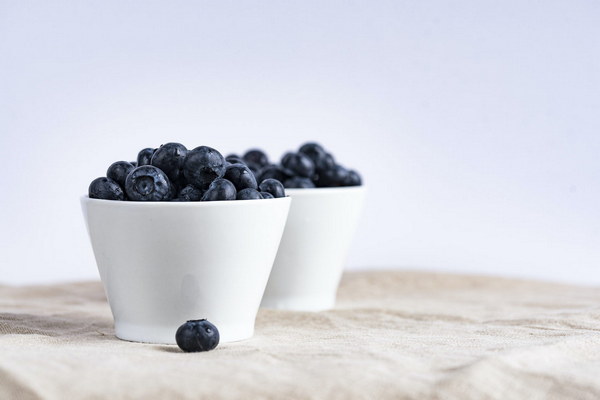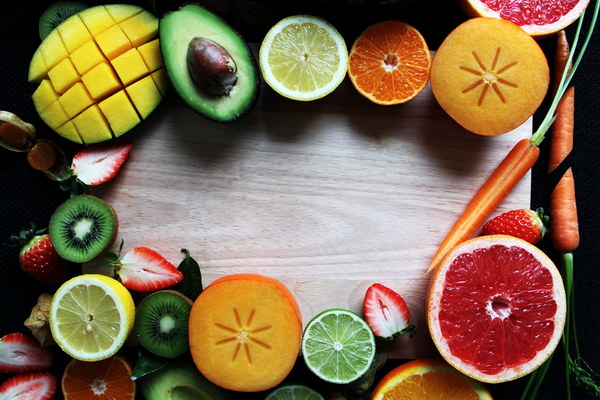Harmonizing Your Health Traditional Chinese Medicine Approaches to Nourishing the Stomach and Alleviating Pain
Gastric pain, a common discomfort experienced by many, can be alleviated and prevented through the wisdom of Traditional Chinese Medicine (TCM). TCM offers a holistic approach to healing, focusing on balancing the body's internal systems to promote overall well-being. In this article, we will explore the various TCM practices that can help nourish your stomach and alleviate pain.
1. Diet and Nutrition
In TCM, diet plays a crucial role in maintaining a healthy stomach. Here are some dietary tips to consider:
a. Avoid cold, raw, and spicy foods: These can irritate the stomach lining and exacerbate pain. Opt for warm, cooked, and easily digestible foods instead.
b. Include soothing foods: Foods rich in vitamins, minerals, and amino acids can help nourish the stomach. Examples include bananas, rice, apples, and carrots.
c. Avoid excessive caffeine and alcohol: These can irritate the stomach and disrupt its natural balance.
d. Eat small, frequent meals: This helps prevent overeating and eases the digestive process.
2. Acupuncture
Acupuncture, a key component of TCM, involves inserting fine needles into specific points on the body to stimulate the body's natural healing processes. For gastric pain, acupuncture can help:
a. Reduce inflammation: Acupuncture can reduce the inflammation in the stomach lining, alleviating pain.
b. Improve digestion: It can stimulate the digestive system, promoting better nutrient absorption and reducing pain.
c. Balance the body's energy: Acupuncture can help balance the body's Qi (vital energy), leading to overall improved health and reduced pain.
3. Chinese Herbs
Chinese herbs can be used to nourish the stomach and alleviate pain. Some commonly used herbs include:
a. Bai-Zhu (Atractylodes macrocephala): This herb helps to strengthen the spleen and stomach, improve digestion, and alleviate pain.
b. Chuan-Xiong (Ligusticum chuanxiong): It promotes blood circulation and relieves pain.
c. Fu-Ling (Poria cocos): This herb helps to absorb dampness and relieve stomach pain.
d. Dan-Shen (Salvia miltiorrhiza): It improves blood circulation and reduces inflammation.
4. Tai Chi and Qigong
Tai Chi and Qigong are gentle exercises that focus on cultivating the body's energy. These practices can help:
a. Reduce stress: Stress can exacerbate gastric pain. By practicing Tai Chi and Qigong, you can learn to manage stress more effectively.
b. Improve digestion: These exercises help to stimulate the digestive system, promoting better nutrient absorption and reducing pain.
c. Enhance overall well-being: The holistic approach of Tai Chi and Qigong can lead to improved mental and physical health, thereby reducing the incidence of gastric pain.
5. Lifestyle Adjustments
Incorporating certain lifestyle adjustments can also help alleviate gastric pain:
a. Get enough sleep: A lack of sleep can disrupt the body's natural balance and contribute to pain.
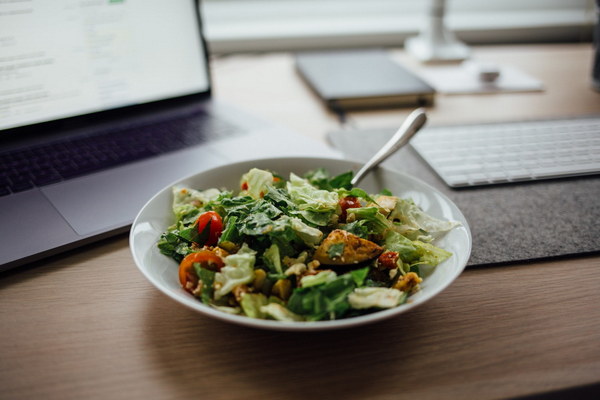
b. Exercise regularly: Regular physical activity can improve digestion and reduce stress.
c. Practice mindfulness: Mindfulness techniques, such as meditation, can help manage stress and alleviate pain.
In conclusion, Traditional Chinese Medicine offers a wide array of practices to nourish the stomach and alleviate pain. By focusing on diet, acupuncture, Chinese herbs, Tai Chi and Qigong, and lifestyle adjustments, you can achieve a more balanced and pain-free life. Always consult with a qualified TCM practitioner before starting any new treatment or making significant changes to your lifestyle.
